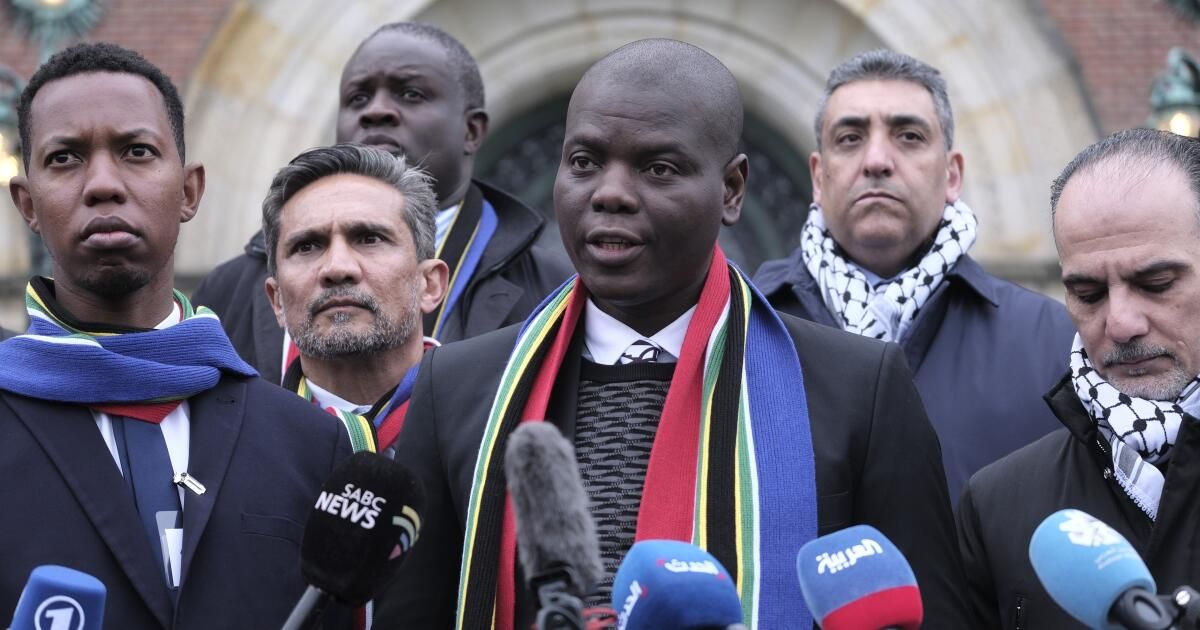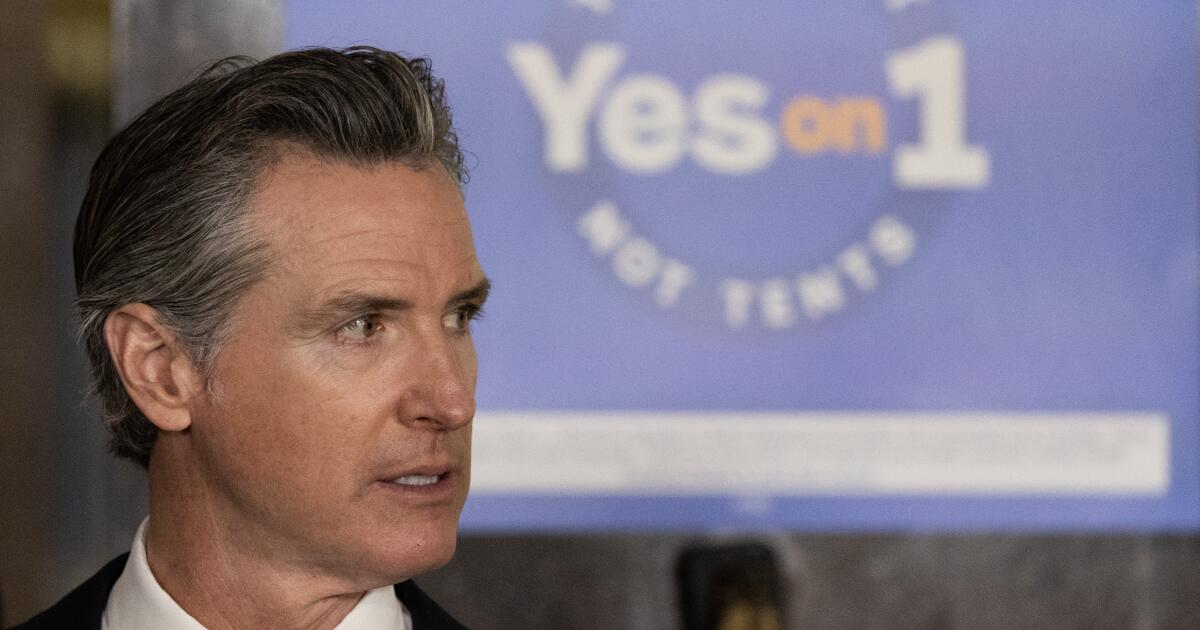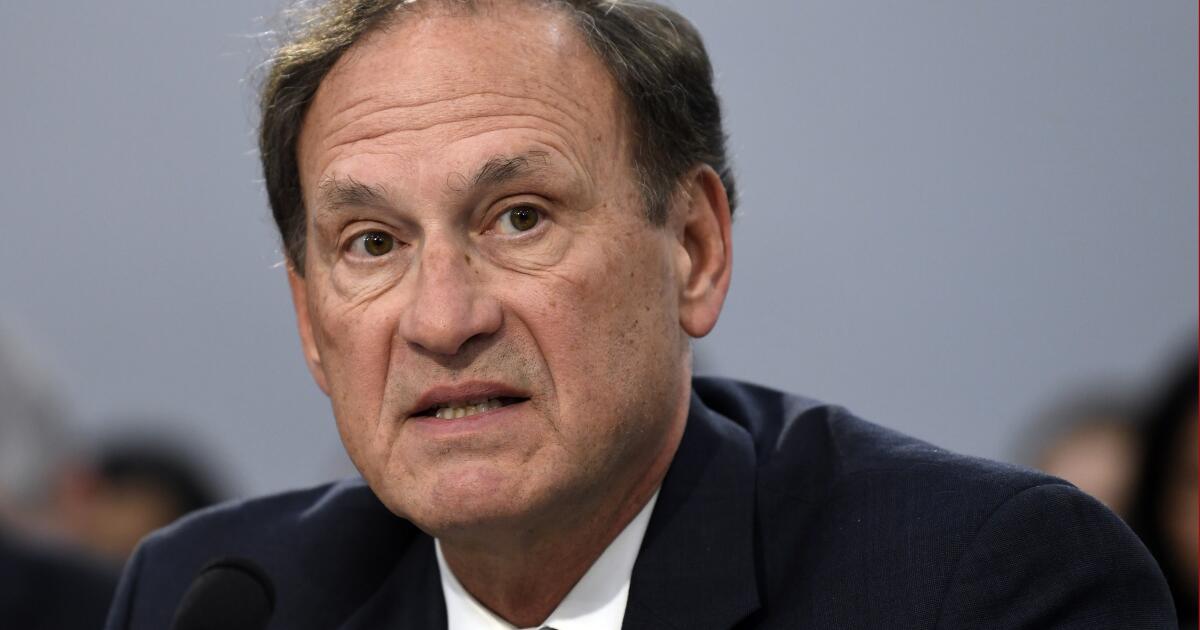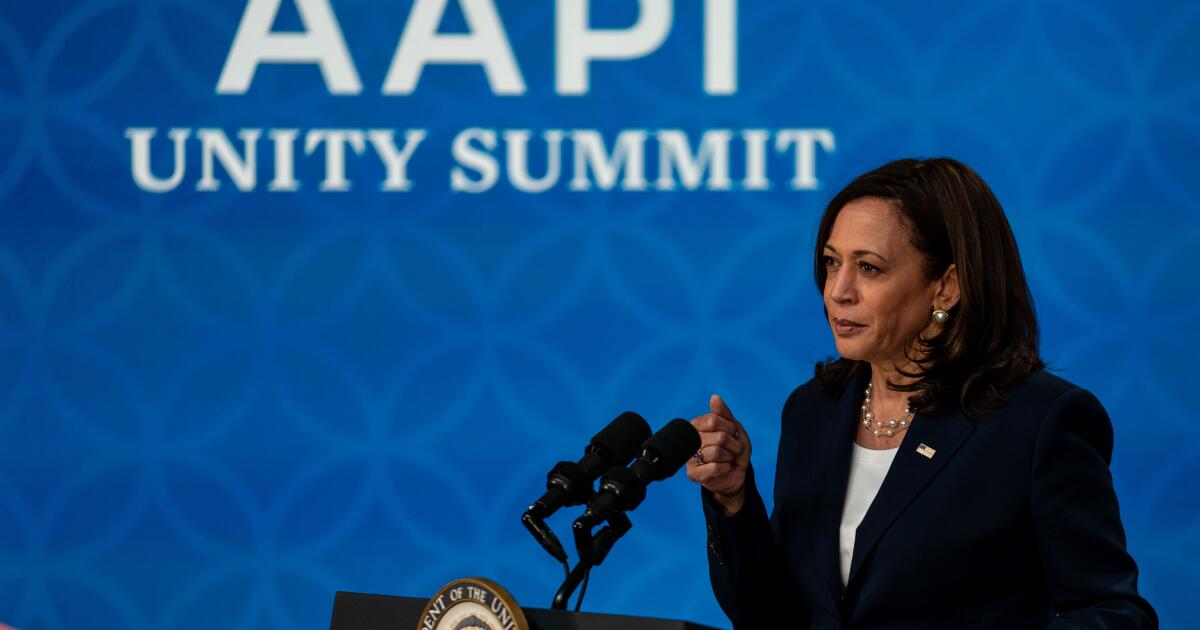On Friday, the International Court of Justice issued a provisional ruling against Israel and its war in Gaza. In the case, brought by South Africa last month, the court ruled that it is plausible that Israel is carrying out genocide against Palestinians in Gaza. This ruling marks the end of the era of Israeli impunity in the international legal system.
The ruling noted dozens of explicit statements of “intent to destroy” by Israeli state leaders, wartime cabinet ministers and senior army officers, as well as unprecedented levels of carnage and destruction. The court also issued provisional measures, recognizing the terrible situation: more than 26,000 Palestinians killed and more than 64,000 injured in Israel's bombings, as well as almost 2 million people forcibly displaced now facing hunger and the spread of infectious diseases.
The provisional measures did not include a ceasefire order, which South Africa had requestedbut they did instruct Israel – by an overwhelming majority vote of the ICJ judges from 15 to 2 — prevent any acts of genocide in Gaza and ensure that its army does not perpetrate such acts.
As part of the court's interim measures, Israel must also prevent and punish incitement to genocide; ensure the delivery of urgent aid to Gaza; prevent the destruction of evidence and ensure its preservation; and submit a report on these measures to the court within one month. In effect, these orders require a ceasefire, because there is no other way to carry them out.
The ruling of the International Court of Justice arises from the United Nations Convention on Genocidewhich was created in December 1948 and was based on the view that Nazism and what we now call the Holocaust were exceptional.
This served a purpose: it separated the Holocaust from the piles of corpses and destroyed the cultures that European imperialism and colonialism (still in effect at the time) had left around the world in the previous centuries.
The exceptional status of the Holocaust made the new Jewish state that was established in May 1948 also exceptional, especially in view of the many Holocaust survivors who chose to try to rebuild their lives there.
Israel's exceptional status led to a deliberate blurring of its founding crime, the Nakba: the mass expulsion of more than 750,000 Palestinians and the destruction of hundreds of villages and towns in the 1948 war. That Israel could commit any crime under international law is He returned immediately, in this exceptional, almost unimaginable setting. Impunity for Israel was thus incorporated into the international legal system after World War II. The urgent need to conceal the Nakba also arose from the broader impulse to deny the nature of the State of Israel as a settler colonial project. Paradoxically, the creation of Israel reproduced the racism and white supremacy that had aimed at the exclusion and ultimately destruction of Jews in Europe.
Israeli President Isaac Herzog expressed this white supremacy and colonial mentality very explicitly in a interview on MSNBC on December 5: “This war is a war that is not just between Israel and Hamas,” he said in response to a question about the mass killing of Palestinians in Israel's attacks on Gaza. “It is a war,” she continued, “that is intended, really, truly, to save Western civilization… We are attacked by a jihadist network, an evil empire.” This empire, she said, “wants to conquer the entire Middle East, and if it weren't for us, Europe would be next and the United States would follow.”
The concept of genocide functioned to protect the exceptional status of the Holocaust and Israel in the international legal system and to enable, rather than challenge, this long-held view. Until now.
With the ICJ ruling that Israel's attack on Gaza is plausibly genocidal, all universities, companies and states in the world will now have to consider very carefully their commitment to Israel and its institutions. These links may now constitute complicity in genocide.
A few hours after the ruling of the International Court of Justice, another court heard a related case: in San Francisco, the Center for Constitutional Rights filed suit in federal court on behalf of Palestinian organizations and individuals, against President Biden and other US officials for failing to meet UN legal obligations to prevent the genocide in Gaza and for complicity in the genocide, due to continued US military and diplomatic support for Israel.
One after another, Palestinian plaintiffs testified Friday about their family histories during the Nakba; his own experiences of mass Israeli violence; family members who have lost since October 8; neighborhoods they grew up in that no longer exist; schools that have been turned into rubble by Israeli bombing and invasion; and cafes where they will never be able to drink tea again.
As it happens, these stories arrived just before the international holocaust Remembrance Daymarking January 27, 1945, when Soviet forces liberated the Nazi annihilation camp at Auschwitz.
We are entering a new era of international law. For the first time, we have seen courts consider the crime of genocide as a legal framework to describe what Palestinians are enduring. Through these cases, Palestinian voices point to a new era of Holocaust memory, beyond Nakba denial, to a world that will finally foreground voices, knowledge, stories and perspectives. of all the people who face state violence.
Raz Segal is an associate professor of Holocaust and genocide studies and an endowed professor for the study of modern genocide at Stockton University in New Jersey.












